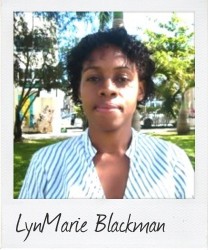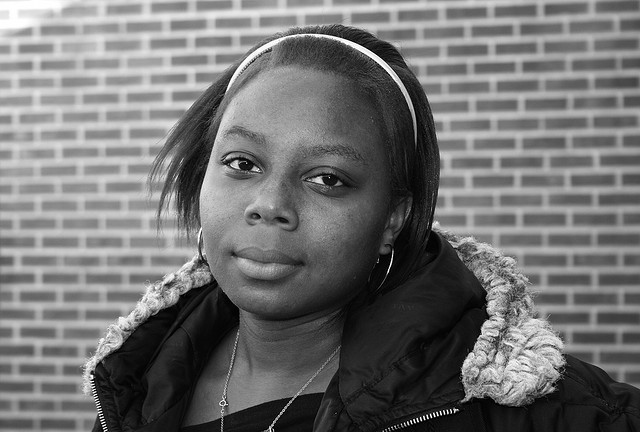"Female genital mutilation: migration of a tradition"
June 1 The practice of female genital mutilation is often discussed in reference to African cultures, but Lyn-Marie Blackman, 27, a Commonwealth Correspondent from Barbados says the controversial practice is also an issue for thousands of American women.
The practice of female genital mutilation is often discussed in reference to African cultures, but Lyn-Marie Blackman, 27, a Commonwealth Correspondent from Barbados says the controversial practice is also an issue for thousands of American women.
This week I came across an article on TheGuardian.com written by Alexandra Topping dated Tuesday 13th May, 2014 under the caption ‘FGM survivors: It happens on US soil, but it happens in secret.’ The news item went on to chronicle the experiences of several young ladies who had undergone this horrific and traumatic procedure.
Many of the young ladies who were interviewed for this newsworthy article noted that although they were born in the USA they still had to undergo the female genital mutilation process. These young ladies had a parent, grandparent or relative who was born in an African state who held steadfast to the FGM tradition. Some of the young ladies either had to be flown to the particular country to have the process done or the relative would be flown to the USA to execute the procedure. This brings to light the reality that when individuals migrate; their culture, taste in food, dress, practices, ideas, business ventures come with them as well.
The article also went on to state that the practice of female genital mutilation under federal law has been illegal in the USA since 1996 but the inertia which it has been dealt by the legal fraternity has allowed the propagation of the practice. Many of these young ladies have sought to speak out because they have had family members die in the process; many have recurrent infections and other sexual and reproductive health issues.
One of the survivors of this horrific act has joined forces with The Guardian to start a petition which calls for the US Government to end this awful and distasteful practice of FGM. The article by Ms.Topping has a link appropriately placed under the caption where one can sign the petition hosted by change.org to end female genital mutilation.
This tradition to those who perform it may be considered as a rite of passage for these young women, but listening and reading the commentary provided by those brave survivors is anything but a picnic in the park. Therefore, we advocate for change via signing petitions, protests etc. Education must be deployed for any wind of change to occur and this can only be attainable when we take into consideration the following: (1) understanding what is FGM, (2) understanding the cultural proclivities of the particular tribe that hold fast to the FGM tradition, (3) What exactly is the objective being derived in the eyes of those who continue to promote FGM? And (4) how we can seek to bridge the gap between outsider and tribal native in the hopes of achieving a common good?
photo credit: nathalie booth via photopin cc
…………………………………………………………………………………………………………………
About me: I am a conservative and articulate individual with an innate desire to see love, peace and unity triumph. My interests lie in medical research. I enjoy researching medical news from around the world and reporting it in my monthly newsletter entitled L.I.F.E.
I love biomedical science and believe it holds the key to a healthier society. I aspire to become a medical researcher and writer. My focus now is obtaining more exposure for my newsletters: L.I.F.E. and The Believer.
…………………………………………………………………………………………………………………
Opinions expressed in this article are those of the author and do not necessarily represent the views of the Commonwealth Youth Programme. Articles are published in a spirit of dialogue, respect and understanding. If you disagree, why not submit a response?
To learn more about becoming a Commonwealth Correspondent please visit: http://www.yourcommonwealth.org/submit-articles/commonwealthcorrespondents/
…………………………………………………………………………………………………………………




